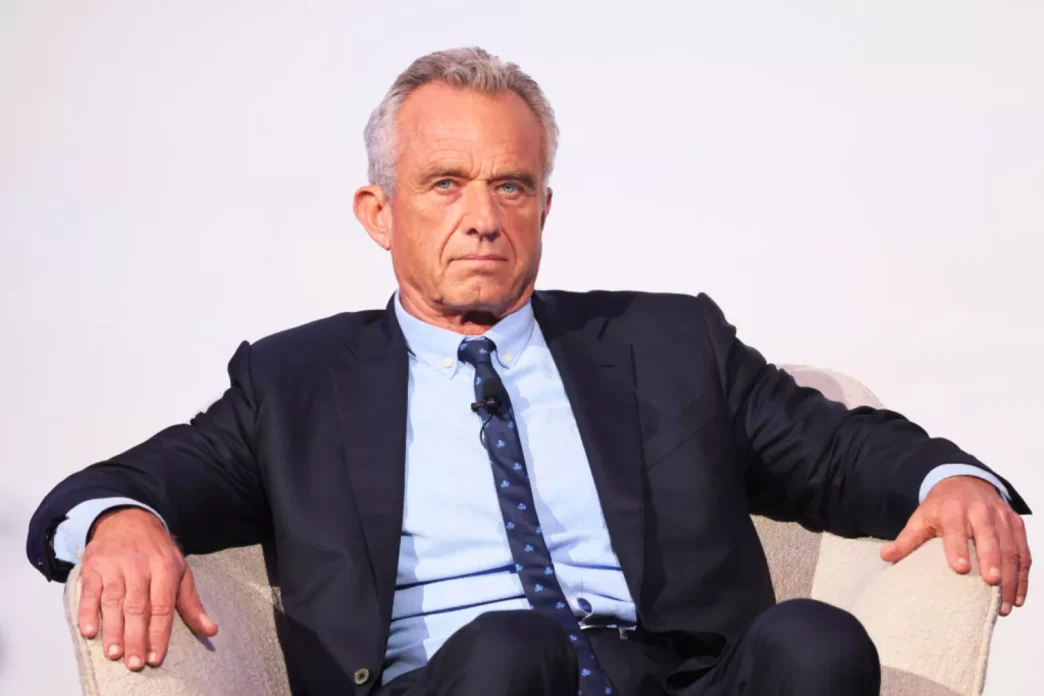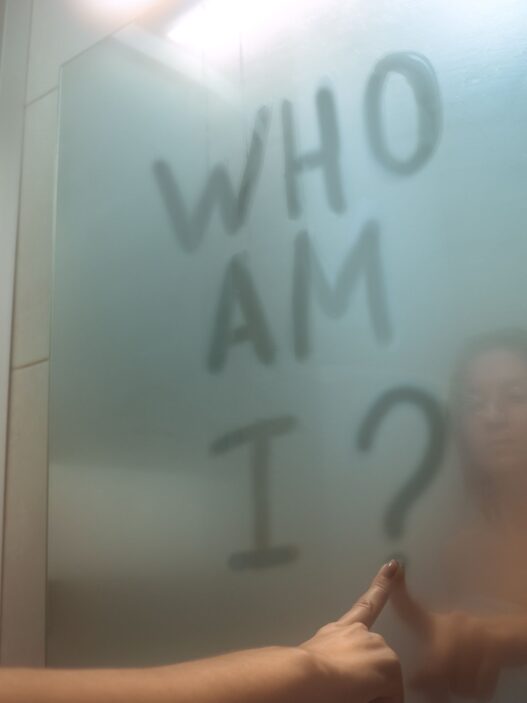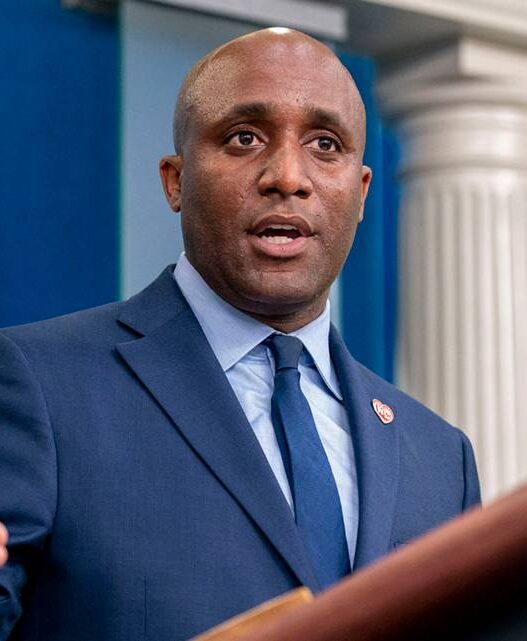Robert F. Kennedy Jr. says a lot of things that resonate with people. He wants fewer chemicals in food. He calls out the influence of Big Pharma.
He supports alternative medicine and questions why fluoride is still in public drinking water. None of that makes him fringe, it makes him relatable.
But relatability doesn’t equal credibility. And it definitely doesn’t qualify someone to lead the country’s most powerful public health agency.
As Secretary of Health and Human Services, RFK Jr. now has the authority to reshape federal health priorities. That should concern every American who cares about truth, transparency, and science.
This isn’t about silencing him. He has the right to speak. But leading public health requires more than conviction. It requires evidence, accountability, and a relationship with facts that doesn’t shift based on political gain.
A Movement That Didn’t Start With Him
One of the biggest misconceptions is that Kennedy built the anti-vaccine movement. He didn’t.
As the History of Vaccines project reminds us, opposition to vaccines has appeared across the political spectrum for over a century, from libertarian parents to radical environmentalists.
Kennedy simply inherited a distrust that already existed and gave it a more polished, media-ready platform.
But he didn’t stop at skepticism. He escalated it.
Kennedy has said, “There’s no such thing as a safe vaccine.” He’s claimed that HIV doesn’t cause AIDS, suggesting the condition came instead from “poppers” or recreational drugs.
He often implies that medical consensus is bought, and that only outliers can see the truth.
That kind of rhetoric does more than question authority. It erodes public trust – slowly, steadily, and sometimes fatally.
When Misinformation Gets a Microphone
In June 2021, the American Medical Association found that more than 96% of U.S. physicians had been fully vaccinated against COVID-19. That didn’t stop Kennedy from claiming that many doctors were quietly resisting.
He paints himself as a medical whistleblower, but what he’s really doing is repeating long-debunked claims.
He builds momentum through half-truths, just enough to sound credible, but not enough to be responsible.
This approach works. He’s charismatic. He’s confident. He says what many are afraid to say out loud.
But when you package misinformation in passion, it spreads like truth.
Now he’s in charge of public health policy.
The CDC, Autism, and the Reopening of a Wound
Recently, Kennedy’s pressure led the CDC to greenlight a new study examining potential links between vaccines and autism, something that has already been studied, peer-reviewed, and debunked countless times.
By reopening this investigation, the government isn’t following the science. It’s following Kennedy’s lead.
That study may win political points. But it could also reignite stigma, misinform parents, and further erode confidence in one of the most effective tools in public health.
Leadership Built on Evidence, Not Emotion
You can be passionate about environmental health and still follow the data. You can question corporations and still accept peer-reviewed science.
Kennedy doesn’t have to abandon his convictions to serve the public. But he does have to separate personal belief from public responsibility.
Right now, he isn’t doing that.
He’s governing through narrative, not through evidence. And that makes him dangerous.
What Public Health Deserves
At its core, public health is about building trust. It’s about clear communication, transparency, and accountability to every community, not just the ones who already agree with you.
Robert F. Kennedy Jr. might be a compelling voice in a town hall. He might be a powerful activist. But his track record proves he is not a responsible steward of public health.
He has the right to question. He has the right to speak. But he should not have the power to decide.























